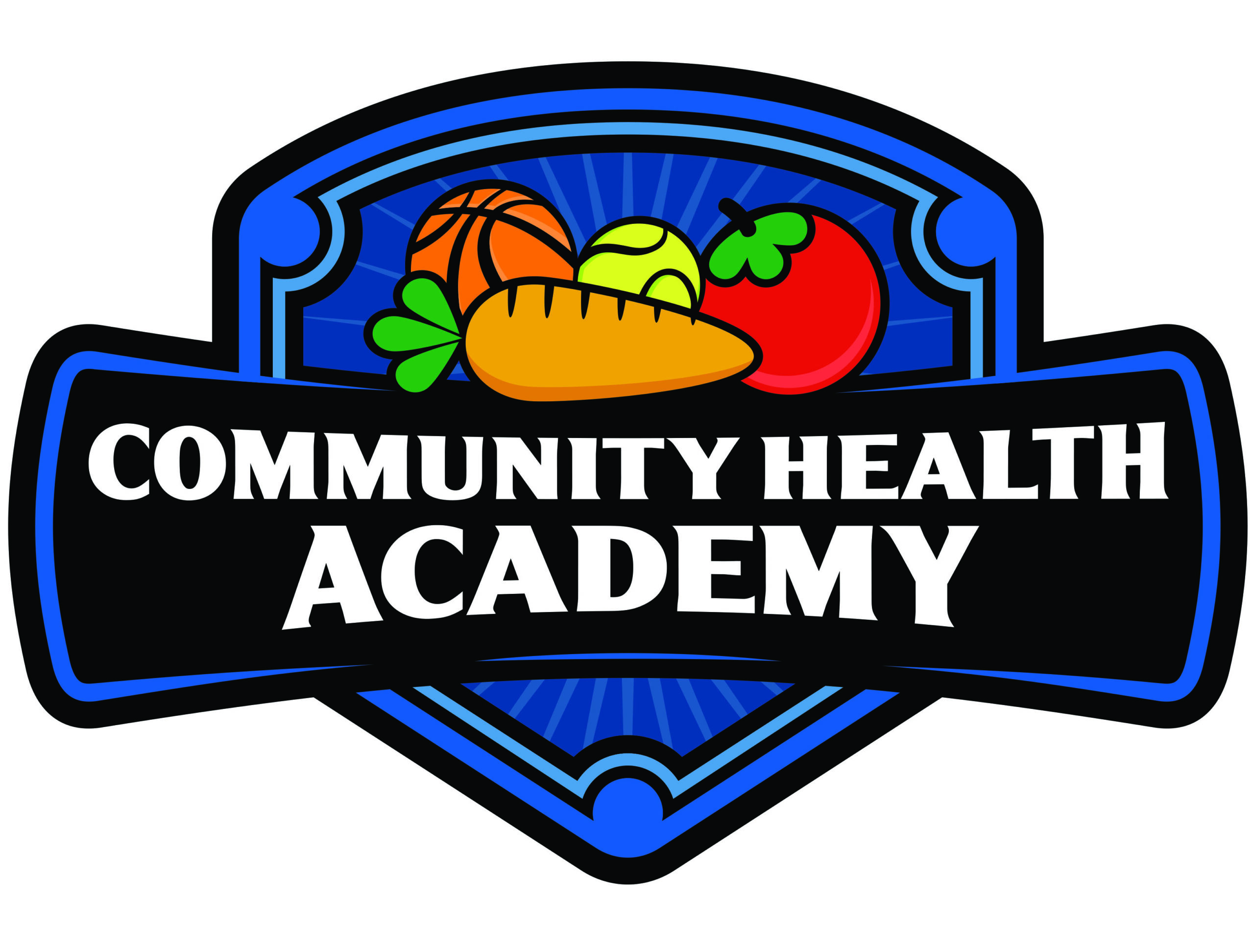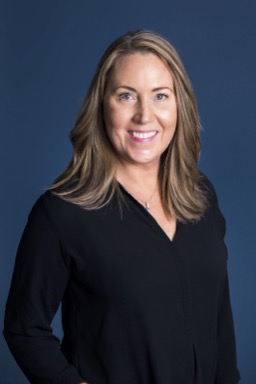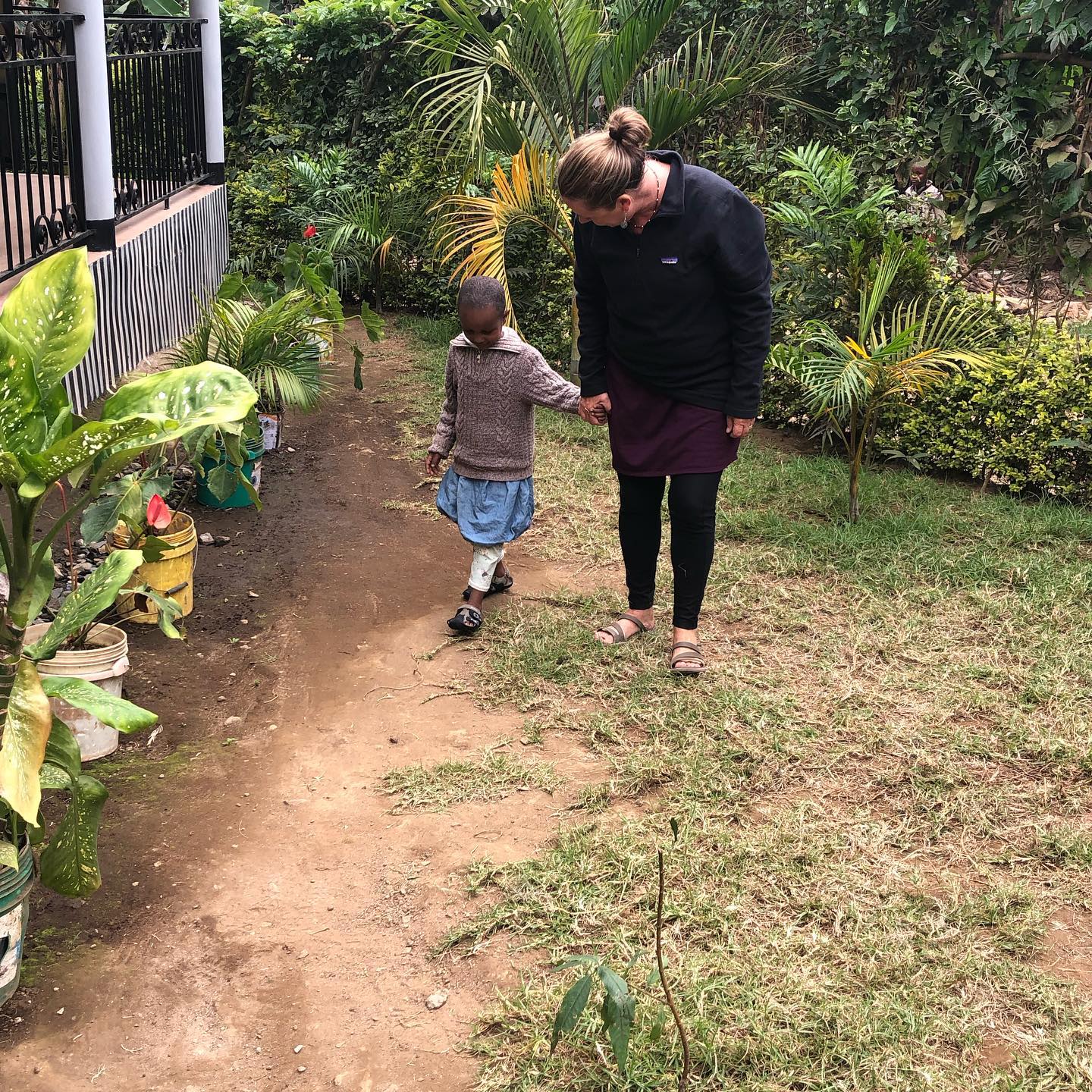Nine Idaho cities are participating in the 2022 Community Health Academy, an annual program of the Blue Cross of Idaho Foundation for Health that provides expertise and funding to help build healthier communities.

Mayors and city staff collaborate with each other and learn from local and national experts in this learning collaborative. We’re highlighting the individuals who are presenting to the mayors and community leaders during the academy.
Today’s topic: Early childhood education and childcare.
Beth Oppenheimer led a session around early childhood education and childcare in Idaho during an in-person day. She is the Executive Director for Idaho Association for the Education of Young Children who explained to the academy attendees about the importance of childcare and early education and how these areas help build healthy communities.
Question: Can you tell us about yourself and role?

Answer: I am currently the Executive Director for the Idaho Association for the Education of Young Children. I have spent many years advocating for the needs of young children and am committed to advancing opportunities for all Idaho families. As a working mother of two, I understand the challenges facing working families and their ability to support their children’s care and learning. I have served as the Executive Director of the Idaho Association for the Education of Young Children (Idaho AEYC) since 2010. Prior to working with Idaho AEYC, I served as the Associate Director for the Student Union Building at Boise State University where I gained valuable experience in business while at the same time, provided on-the-job training opportunities for college students. I served as a member of the Department of Student Affairs where I truly enjoyed working with student employees and realized the challenges many Idaho college students face trying to balance work, family, and school. I have also worked on education, policy, and development issues at the University of Idaho, the Junior Achievement of the National Capital Area (DC) and the Institute for Women’s Policy Research in Washington, D.C. Originally from Springfield, Illinois, I graduated from the University of Montana and lived in Washington, D.C., and finally moved to Idaho in 2002. I am very involved in my community and have served on several boards and committees. I am currently a Trustee for the Boise School District and serve on the Andrus Center for Public Policy. I am honored to have been recognized as the Idaho Business Review’s Woman of the Year in 2013, 2018 and 2022, as well as the Idaho Business Review’s CEO of Influence in 2017. What brings me the most joy in life is being the mother of two daughters. Annabelle attends Boise High School, and Maddie attends George Washington University in Washington, D.C.
What does your organization do?
The Idaho Association for the Education of Young Children is a statewide, nonprofit organization that works to advance early childhood education throughout Idaho. Our passion and our work are driven by our vision which is that all children thrive. Our success is accomplished through both advocacy and program work. We provide opportunities for early childhood educators to strengthen their skills in working with young children and families. We do this through professional development, training, coaching and incentives. We help them as they work to provide quality child care and early learning to children they care for and work with. We also provide opportunities for families to help them to “play with purpose” with their young children as they help them prepare for kindergarten. We partner with school districts, libraries, community centers and other partners to provide workshops for parent through our Ready for Kindergarten program. Parents learn valuable skills in helping to understand how to support their young child’s early literacy, math, and social/emotional development. We partner with communities throughout Idaho and help them develop and design a locally driven early learning collaborative approach to support families with young children. Our goal is to foster a community wide culture that promotes becoming and “early learning community”. The early learning collaborative approach is locally created, and community led. The framework is designed to help local communities focus on the whole child, the whole family, and the whole community.
Why are you in this line of work?
I have spent my career advocating for quality education and ensuring that our families have access to the resources they need. I understand the challenges and struggles that families face when not feeling as though they are able to provide the basic necessities needed for their family to thrive. I truly believe that early childhood education and child care is the key to establishing foundational supports for generations to come. Affordable, high-quality child care impacts so many facets of our communities and oftentimes, it is seen solely as a “family issue.” But once you break it down and look closely at the impact it has on our communities and society as a whole, you realize that high-quality child care and early education impacts every aspect of a healthy society. I am passionate about lending my support to ensuring that our families have the resources they need, our early childhood educators are supported, our communities are given the opportunities to engage in locally-led solutions and that our young children have every opportunity to thrive.
Why is addressing social determinants of health important?
There are so many factors that determine the outcomes of healthy individuals and communities. There is not one single solution that will solve better health outcomes. It is critical that we look at better health outcomes through a holistic approach, examine all factors collectively and connect the dots between these health-determining factors. Early childhood education is one piece of the puzzle but when you dive into the various components of quality early childhood, you will find that it can impact a child’s health, learning and development. It also spans across other components of a community.
What are the benefits of learning collaboratives such as the Community Health Academy compared to traditional grant funding?
The value of a learning collaborative cannot be underestimated. Bringing together likely and unlikely partners together to learn and grow is how we are going to move the dial on various issues impacting our communities. Every community is unique and what works in one community might not work in another. A learning collaborative allows participants to learn from one another and choose which ideas work best for them. We all know there is not one single solution to many challenges within a community and a collaborative approach allows for stakeholders to connect the dots where they might not have thought to be possible. This is one of the reasons that Idaho AEYC developed “Early Learning Local Collaboratives” across Idaho for early childhood education. This is a locally driven, community led approach to supporting families with young children. Traditional grant funding will always be needed, and I would suggest that this type of funding is imperative to the success of the collaborative work.
What’s your favorite baseball team and why?
I used to follow baseball a lot more when I was growing up in Illinois. I also grew up in a “divided family” when it came to baseball. Living two hours away from St. Louis, my family were and still are, Cardinal fans. But I took a different direction as I am a Chicago Cubs fan. I think part of the reason why I have been a Cubs fan is that I typically find myself continually rooting for the underdog – which the Cubs have certainly earned that title throughout my lifetime.
